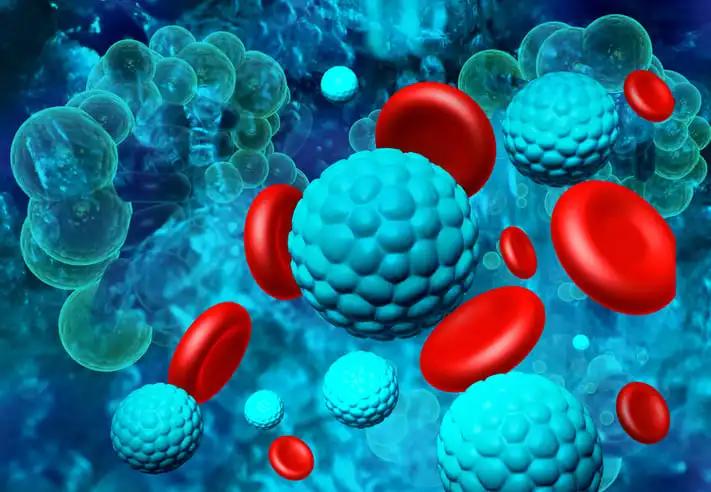KEY TAKEAWAYS
- The ABCSG-52 trial evaluated a chemotherapy de-escalation plus immunotherapy regimen for early HER2-positive breast cancer.
- The randomized trial’s primary endpoint was to determine the rate of complete tumor disappearance (pCR), with a success threshold of 40%.
- Results showed that the neoadjuvant regimen with trastuzumab, pertuzumab, atezolizumab, and epirubicin is effective and safe for HER2-positive EBC, but further investigation is needed.
The randomized phase II ABCSG-52 trial investigated a chemotherapy de-escalation immunotherapy regimen in early HER2-positive breast cancer.
In the study, patients (pts) who had not received treatment before and were diagnosed with histologically confirmed HER2-positive early breast cancer (EBC) were randomly assigned 1:1 to two 3-weekly cycles of a chemotherapy-free induction phase (part 1) with one group receiving TP combined with 1200mg of atezolizumab (TP+A), and the other group receiving TP alone. Following this, all participants received 4 cycles of TP+A combined with epirubicin (part 2). The study’s main objective was to find the entire cohort’s pathological complete response rate (pCR; ypT0/Tis ypN0). A pCR rate of at least 40% was defined as a successful outcome for the trial.
In total, 58 patients were enrolled in the study, with 29 assigned to the TP-A group and 29 to the TP group. The median age was 57, ranging from 33 to 82 years. Among the pts, 16 (27.6%) had tumors with a hormone receptor (HR)-negative status, while 42 (72.4%) had HR-positive tumors. In terms of tumor stage, 45 pts (77.6%) were at stage ≤ IIA, and 13 (22.4%) were at stage ≥ IIB. A pCR was observed in 35 pts, accounting for 60.3% (with a 95% confidence interval ranging from 47.5% to 71.9%). Specifically, 19 pts (65.5%) in the TP-A group and 16 pts (55.2%) in the TP group achieved pCR, resulting in a difference of 10.3% (with a 95% CI ranging from -14.7% to 35.4%). Additionally, 44 out of 55 pts (80%) achieved a Residual Cancer Burden (RCB) class of 0 or I. Adverse events (AEs) of grade ≥ 3 that emerged during treatment were reported in 17 pts (29.3%), with 9 cases in the TP-A group (31.0%) and 8 cases (27.6%) in the TP group. Notably, no grade ≥ 3 AEs of special interest were identified, such as immune-related AEs, cardiac disorders of grade ≥ 2, or infusion-related reactions. An ongoing analysis is underway to assess results linked to PD-L1 expression status, and the findings from this assessment will be shared.
The neoadjuvant chemotherapy de-escalation immunotherapy regimen with trastuzumab, pertuzumab, atezolizumab, and epirubicin has proved effective and clinically safe for HER2-positive EBC. However, an investigation is warranted.
Source: https://cslide.ctimeetingtech.com/breast23hybrid/attendee/confcal/show/session/29
Clinical Trial: https://www.clinicaltrialsregister.eu/ctr-search/trial/2019-002364-27/AT
Rinnerthaler, G., Egle, D., Bartsch, R., Schmitt, C.A., Petzer, A.L., Balic, M., Petru, E., Denison, U., Singer, C.F., Bjelic-Radisic, V., Gampenrieder, S.P., Knauer, M., Posch, F., Hlauschek, D., Sölkner, L., Bago-Horvath, Z.A., Filipits, M., Gili, M., Gnant, M.I., Greil, R.



